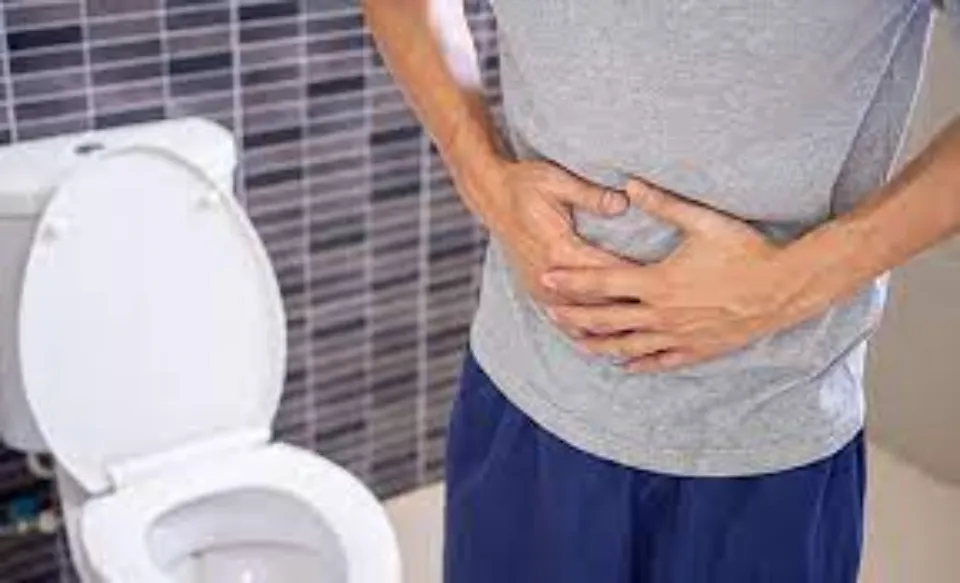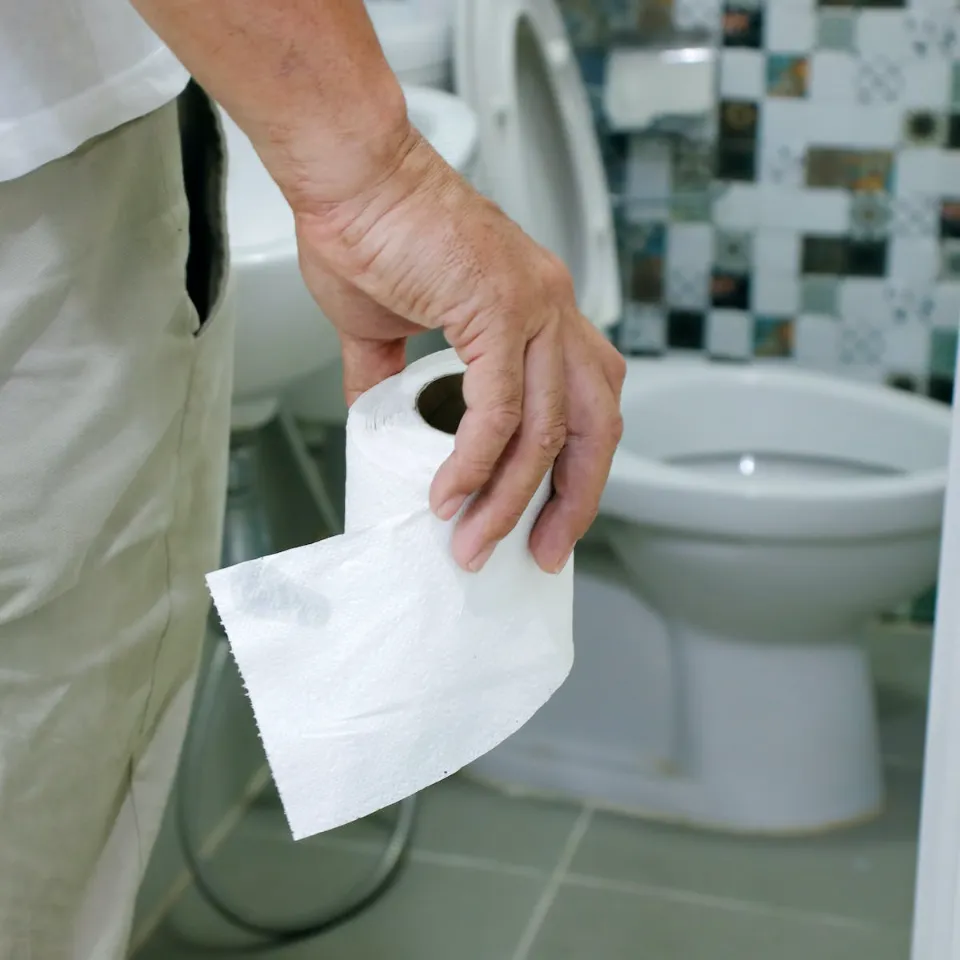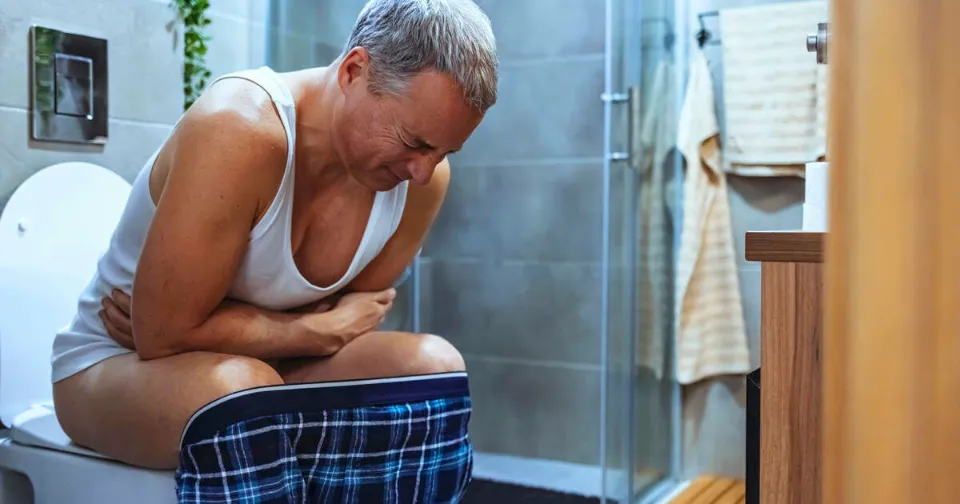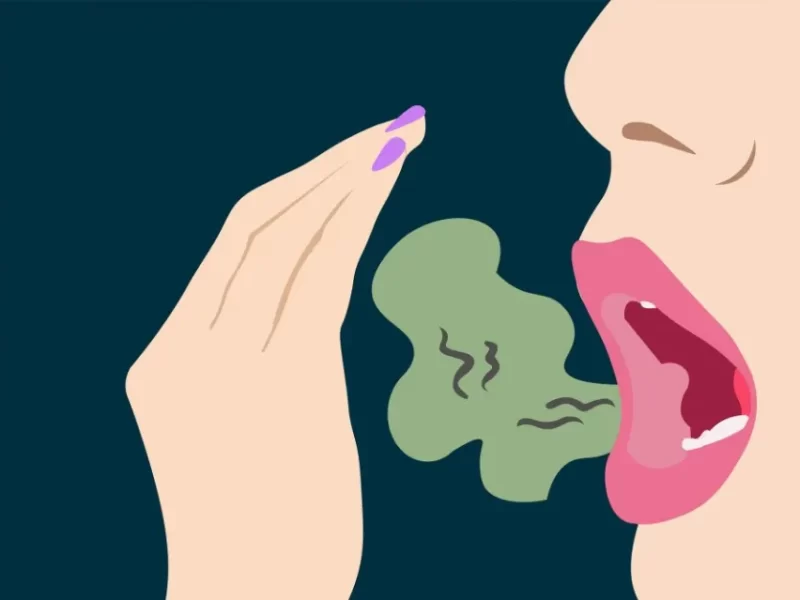A loose bowel is defined as passing loose, watery stools three or more times per day. All ages are susceptible. An episode typically lasts a day or two and resolves on its own. Older adults are no more likely than others to have loose bowels, but may sometimes need medical attention when they are sick.
However, there are some things you can remember to prevent and treat it. In this article, we’ll examine the signs, causes, and treatment options for frequent loose stools in older adults.
Understanding Loose Bowels
Before we get into how to care for loose bowels in the elderly, let’s first take a brief look into what happens in the body that results in loose bowels.
Having loose stools is not a disease; rather, it is a sign of another condition.
It is a condition in which you frequently have runny, watery bowel movements. The rectum and anus carry the bodily waste materials known as stools, or bowel movements.
Your digestive system absorbs the nutrients and liquids from the food and drink you consume, leaving behind what becomes your stool. Your stools will be loose and watery if your body does not absorb the fluids or if your digestive system produces too much fluid.
Due to the greater amounts of water, salts, and minerals present, loose stools are heavier than solid stools. Although not always severe, loose stools can be quite uncomfortable and can happen at any age.
Having acute loose stools is a common problem that typically lasts a few days but could last longer. Loose stools that last for at least four weeks are considered chronic.

In older adults, loose stools can be a serious problem if they are not treated right away because they can also result in other problems like dehydration or nutrient malabsorption. Consequently, all of these things could harm their health even more.
Therefore, it’s critical to recognize the early indications of loose stools and receive the appropriate care as soon as possible. Next, let’s take a look at some of the symptoms of loose bowels in the elderly.
The symptoms of chronic loose bowels in the elderly include:
- Abdominal cramps
- Abdominal pain
- Bloating
- Blood and mucus in the stool
- Loose, watery stools
- Fever
- Nausea
- Urgent need to have a bowel movement
Dehydration is a serious sign of persistent loose stools in the elderly and can be dangerous if treated medically or treated to rehydrate. These side effects include:
- Dark urine
- Dizziness/shakiness
- Excessive thirst
- Fatigue
- Fever
How Do You Stop Loose Bowels in the Elderly?
In order to determine whether you require a prescription or over-the-counter medications, you should first speak with the doctor who treats your family member. However, the following health advice can help your loved one feel better when they are having a bout of loose stools and replace any lost fluids.
Keep the Rectal Area Clean
The rectal area needs to be kept clean at all times.
To achieve this, wipe with wet wipes or warm water and soap after each bowel movement. You can also wash your genital area to get rid of any feces that may have become lodged there. When necessary, change your underwear, and clean any areas that may have had feces on them (like toilet seats).
As a caregiver, you must be careful not to skip this step because not washing the rectal area can lead to bacterial infections that can worsen existing health conditions.
Check Blood Sugar
If their blood sugar falls dangerously low (hypoglycemia), keep an eye on it and call their doctor. After vomiting multiple times in one day, some diabetics who have trouble swallowing food or liquid may require a special diabetic drink rather than water.
Let Them Drink Enough Water
Electrolyte beverages like Gatorade or Pedialyte should be used to keep them hydrated. You can use an IV drip if they have trouble swallowing liquids.
Fiber Supplements
By promoting ideal gut health, a fiber supplement can stop loose stools from happening.
But it can be tricky to know the right dosage of fiber, because as we explained before, too much fiber on the other can be a cause of loose bowels.
Fiber slows everything down, keeping stool moist and bound to water in the gut. This makes it easier to pass through your system. According to studies, fiber also serves as a prebiotic fermentable substrate that promotes the growth of the good bacteria required to maintain healthy digestion.
To prevent any unintended digestive problems, however, be sure to speak with your loved one’s doctor before starting a fiber supplement.
However, prevention isn’t always enough, and your family member may still develop loose stools. In the next section, we’ll discuss signs to look for to know when you should seek medical help.

Recommended Food List
- Bananas and applesauce can provide much-needed nutrients and electrolytes without upsetting the stomach too much (be sure there is no added sugar).
- Rice and rice cereal are bland and easy on an upset tummy; toast or crackers will also be okay if your loved one needs something simple that’s easier to keep down than solid food.
If you’re not sure what they’ll tolerate, offer several options as different things might stay down better with each person who has loose bowels.
Food to Avoid
By all means, you should AVOID these foods:
- Fried foods
- High-fiber foods
- Spicy foods
- Sugary foods and artificial sweeteners
- Caffeinated beverages and carbonated drinks
Summary
In many gastrointestinal disorders, loose stools are a typical symptom that can be troublesome for older adults. Due to their weakened immune systems, older adults frequently have trouble fending off the viruses and bacteria that cause stomach upset. Take action to put some of the article’s prevention advice into practice, such as maintaining a clean home through good hygiene habits or using natural probiotics to help prevent loose stools.



